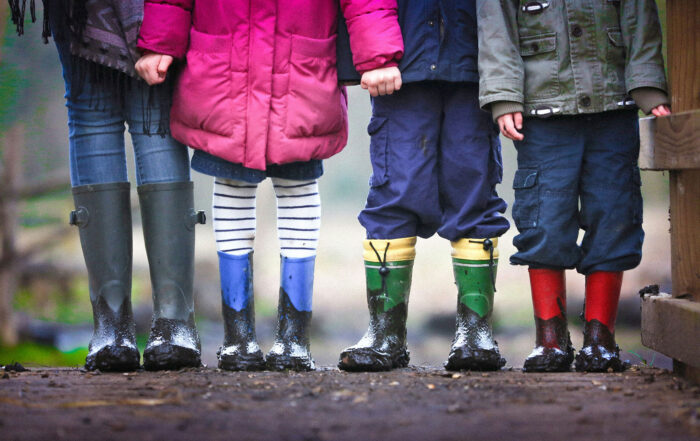
Published by The Center on the Developing Child, Harvard University
The science of child development shows that the foundation for sound mental health is built early in life, as early experiences—which include children’s relationships with parents, caregivers, relatives, teachers, and peers—shape the architecture of the developing brain. Disruptions in this developmental process can impair a child’s capacities for learning and relating to others, with lifelong implications. For society, many costly problems, ranging from the failure to complete high school to incarceration to homelessness, could be dramatically reduced if attention were paid to improving children’s environments of relationships and experiences early in life.
Share This Post!
How childhood trauma affects the brain
By Maria Cohut It is not news that people abused as children are more exposed to clinical depression, anxiety, and a higher risk of death from suicide. But now, researchers have begun to [...]
Should Childhood Trauma Be Treated As A Public Health Crisis?
By Erin Blakemore, NPR When public health officials get wind of an outbreak of Hepatitis A or influenza, they spring into action with public awareness campaigns, monitoring and outreach. But should they [...]
The Healing Power of Dance Movement Therapy
By Helaina Hovitz As I worked more furiously towards the deadline of finishing the edits on my memoir about growing up with Post Traumatic Stress Disorder while verbally telling my story over [...]
How to Rewire Your Traumatized Brain
By the Concepción de León I hear some people have trouble with therapy, that it can take years for them to open up to their doctors, let alone cry or break down. Not [...]
Developmental Trauma Disorder: The Effects of Child Abuse and Neglect
By Maureen V. Kilrain, MS, PA-C Child neglect and abuse are perhaps the most significant community health challenge in the United States. Mental health experts in trauma continue to investigate and apply a [...]
Why Don’t Child Sex Abuse Victims Tell?
By David M. Allen, M.D. One of the things that child abuse deniers like the False Memory Syndrome Foundation focus on, besides child abuse apologist Elizabeth Loftus's irrelevant arguments about the unreliability of [...]







